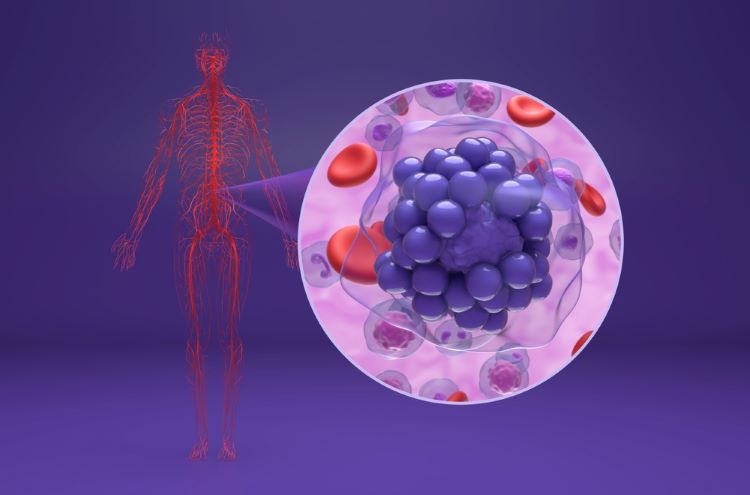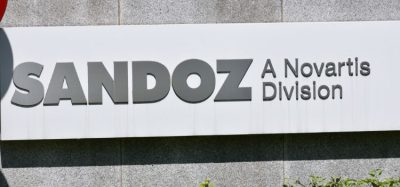Innovative CAR T therapy could deliver in broader therapeutic settings, research suggests
Posted: 9 May 2025 | Catherine Eckford (European Pharmaceutical Review) | No comments yet
The novel cell therapy utilises a shortened manufacturing process compared to standard production timelines, offering potential for enhanced therapeutic capability.


A next-generation CAR T cell therapy has shown promise for treatment-resistant B-cell lymphoma, new research shows.
Results from the Phase I clinical trial found that the treatment reduced cancer in 81 percent of patients, and enabled complete remission in 52 percent of patients.
These findings are notable, because over half of lymphoma patients given currently available CAR T therapies, a form of personalised immunotherapy, do not experience long-term remission, the researchers explained.
The CAR T cell product called huCART19-IL18 targets surface antigen CD19 like other CAR T cell products for lymphoma. However, additionally, it secretes cytokine interleukin 18 (IL18). Dr Carl June, the Richard W. Vague Professor in Immunotherapy, University of Pennsylvania, US, shared that this mechanism further protects the CAR T cells and enables them to be more effective at destroying the cancer cells.
The CAR T therapy’s innovative manufacturing process
Developed by University of Pennsylvania’s Center for Cellular Immunotherapies, the production process used for the huCART19-IL18 CAR T therapy, enabled a shorter manufacturing time for the CAR T cells. At three days, this is much shorted compared to standard timelines, which are between nine and 14 days. Previous research suggests that quicker manufacturing could improve efficacy of the T cells, according to the research team.
Enhancing efficacy of CAR T cells
Despite involving a small patient cohort of 21 patients, the trial represents the first time a cytokine-enhanced CAR T has been tested in patients with blood cancer.
Analysis from patient blood samples following administration of the CAR T therapy demonstrated strong evidence that adding IL18 to the CAR T cells contributed to the robust response rates, the researchers noted.
They added that their investigation highlighted that the type of CAR T cell therapy patients were given in the past could impact the efficacy of this novel CAR T-cell therapy.
“Based on these results, we believe that incorporating cytokine secretion into CAR T cell design will have broad implications for enhancing cellular therapies, even beyond blood cancers”
This new generation of CAR T therapy, was found to be “highly effective in patients who have already tried everything available to treat their lymphoma,” explained Dr Jakub Svoboda, Associate Professor of Hematology-Oncology, who led the clinical trial. “It’s also encouraging to see that the toxicity of this novel product was not different than what we already see with commercial CARs.”
“Based on these results, we believe that incorporating cytokine secretion into CAR T cell design will have broad implications for enhancing cellular therapies, even beyond blood cancers,” Dr Carl June remarked. “With longer T cell persistence and expansion, this strategy could be powerful in settings where CAR T hasn’t performed as well, such as solid tumours.”
The findings were published in the New England Journal of Medicine.
Related topics
Anti-Cancer Therapeutics, Biologics, Biopharmaceuticals, Clinical Development, Clinical Trials, Data Analysis, Drug Development, Drug Manufacturing, Drug Safety, Immunotherapy, Manufacturing, Production, Research & Development (R&D), t-cells, Technology, Therapeutics









